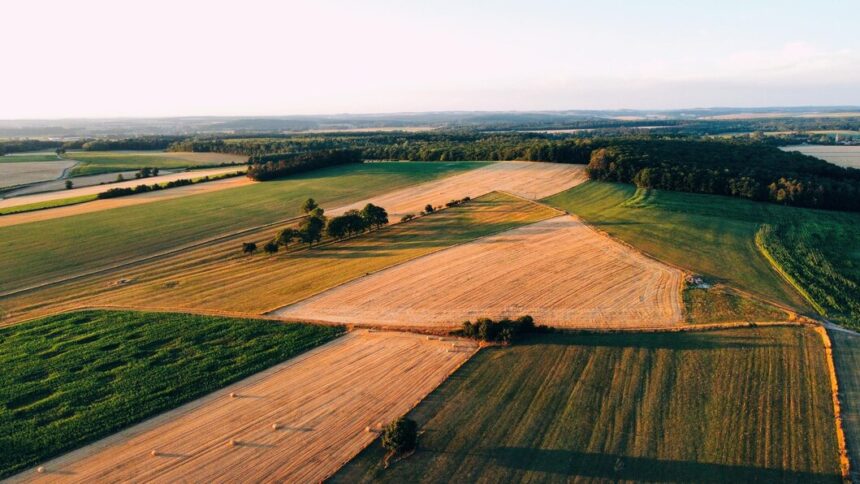Land reform is a crucial and often complex process in South Africa, aimed at redressing historical injustices and promoting more equitable land ownership. For smallholders, land reform presents both opportunities and challenges. Understanding how to navigate this evolving landscape is essential for securing land rights, building sustainable farming enterprises, and contributing to rural development. Here are five practical ways South African smallholders can navigate land reform successfully.
Land reform is an ongoing national priority, but navigating it requires a solid understanding of the legal and policy framework. Smallholders should familiarise themselves with key legislation such as the Restitution of Land Rights Act, the Land Reform (Labour Tenants) Act, and the Extension of Security of Tenure Act. Engaging with local land reform offices, legal experts, and agricultural associations can provide valuable insights. Staying informed about policy updates and land redistribution programmes helps smallholders identify opportunities and understand their rights.
Accessing land through land reform initiatives often involves dealing with government departments and applying for support programmes. Smallholders should take an active approach to engaging with these institutions. Building relationships with local officials, participating in workshops, and attending public meetings can open doors to information and resources. Networking with other farmers and community organisations also provides support and advocacy, strengthening smallholders’ collective voice in the land reform process.
Once land is secured through restitution, redistribution, or tenure reform, developing a clear farm plan is essential for long-term success. Smallholders should conduct soil tests, assess water availability, and plan infrastructure development. Identifying suitable crops and livestock based on market demand and environmental conditions ensures productive land use. Creating a business plan with realistic goals and financial projections helps guide farm operations and attract potential investors or funding.
Many smallholders face challenges related to land ownership documentation, tenure security, and disputes. Seeking legal advice from professionals familiar with land reform can help resolve these issues. Legal support can assist with clarifying ownership rights, negotiating lease agreements, and addressing potential conflicts. Smallholders should maintain accurate records of land transactions, agreements, and correspondence to protect their interests and provide evidence if disputes arise.
Government programmes and development agencies offer a range of support services for smallholders navigating land reform. These include training in sustainable farming practices, access to credit, infrastructure grants, and market linkages. Smallholders should actively pursue these opportunities by contacting relevant departments such as the Department of Agriculture, Land Reform and Rural Development (DALRRD). Taking advantage of available resources can significantly enhance farm productivity and improve livelihoods.
Navigating land reform is both a challenge and an opportunity for South African smallholders. By understanding the legal framework, engaging with government and community networks, developing clear farm plans, seeking legal support, and leveraging available resources, smallholders can position themselves for success. With persistence and proactive planning, land reform can serve as a foundation for building thriving, sustainable farming enterprises that contribute to South Africa’s agricultural future.
Join 'Farmers Mag' WhatsApp Channel
Get the latest Farming news and tips delivered straight to your WhatsApp
CLICK HERE TO JOIN






